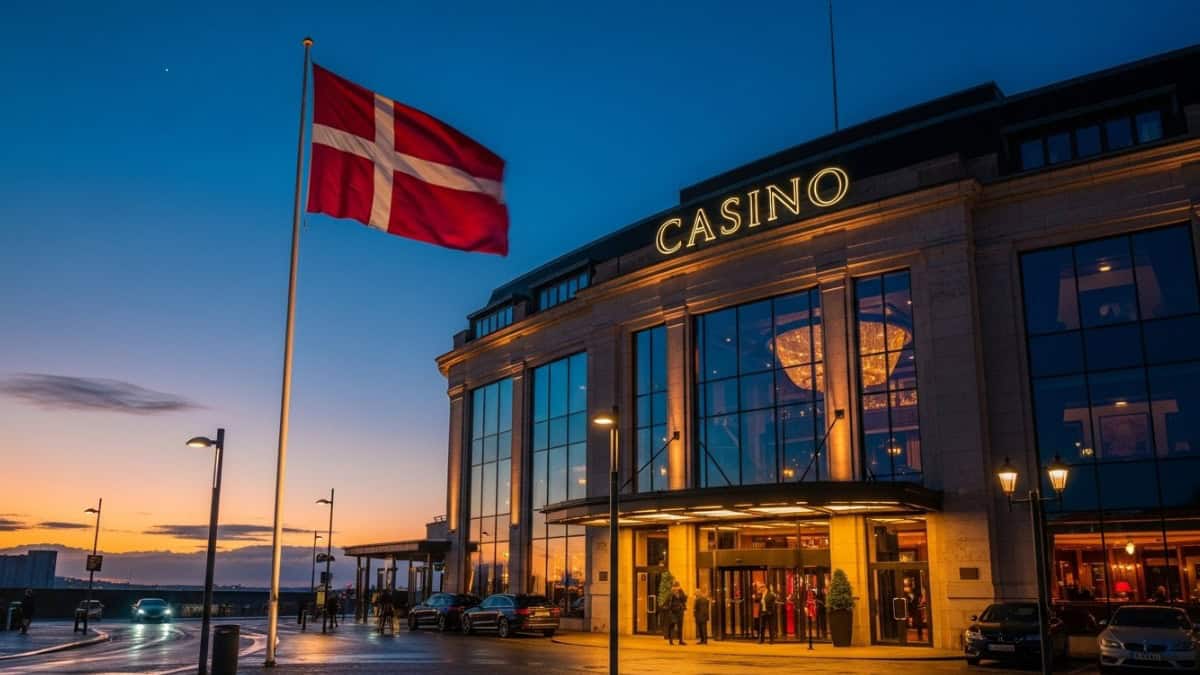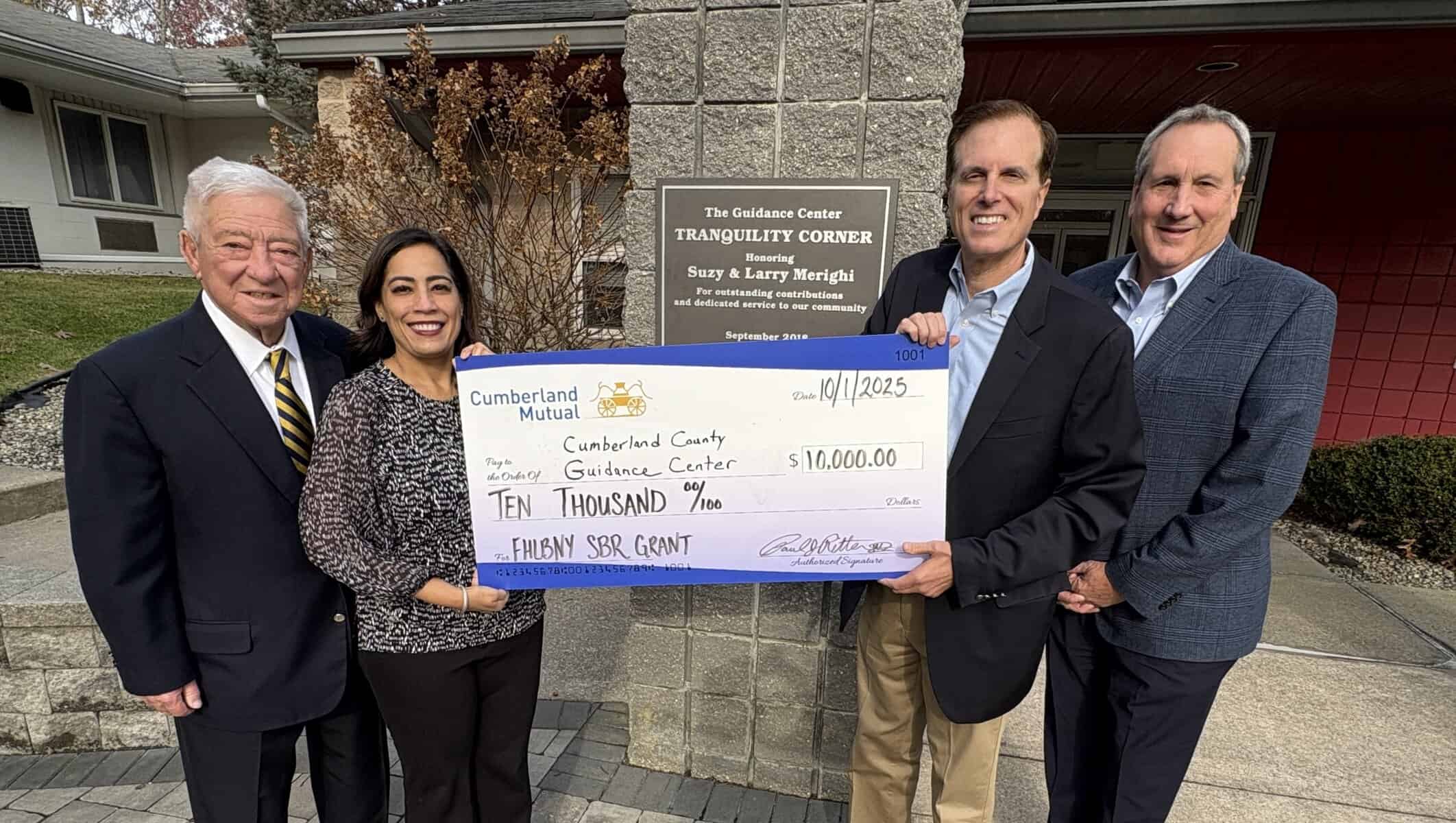Dry Towns
Temperance in the region pre-dated the founding of Vineland by Charles K. Landis.
The fact that 19th century Vineland and Landis Township were part of the temperance movement imposed by founder Charles K. Landis is common knowledge, but an earlier attempt in the region to create a liquor-free environment has been largely forgotten.
According to Wilson J. Purvis’ account in the Vineland Historical Magazine, the Sons of Temperance arrived in the Malaga area in the early 1800s, setting up a lodge and a plan to “eradicate drunkenness.” Their efforts were “met with much opposition from the cattle men and wood choppers, who defied these young men who were making trouble in all the countryside by taking away their dram.”
The opposition was led by a Mr. Gregory, a Revolutionary War veteran, tavern operator and, according to Purvis, “the smartest man in all the countryside, but also a confirmed drunkard.” Gregory’s wife, who had inherited the family’s tavern from her first husband, was approached by the Sons of Temperance and convinced she was “doing wrong in the selling of rum and she was willing and ready to quit the business.”
When Mrs. Gregory granted the Sons of Temperance use of the tavern for a prayer meeting, her husband declared war, enlisting his friends and customers to prevent the gathering. In turn, Mrs. Gregory “called the women to her aid,” stirring up an impending clash between the two groups.
It’s quite likely that word of this incident had reached Landis by the time he decided to found Vineland in 1861, and it may have cemented his decision to establish a dry town and township. He was certainly aware of what effects alcoholism had on a marriage and how the existence of bars and taverns would be a constant temptation for anyone seeking to refrain from imbibing.
It’s also likely he was aware that temperance could never be later enforced if the sale of liquor had already been permitted from the start. That was the battle the Sons of Temperance faced; Landis’ town was involved in a different skirmish.
In 1863, the town’s temperance was tested by a grocery store owner who sold liquor to boys and wood choppers in Landis Township, resulting in a law declaring the sale of alcoholic beverages in the township punishable by a fine of fifty dollars and/or imprisonment. The law would be challenged over time, but temperance always scored a legal win.
In Malaga, Mr. Gregory and the Sons of Temperance considered holding a vote on allowing the prayer meeting in the tavern, but the men declared the women would not be able to cast their vote on the matter because New Jersey law did not recognize women’s suffrage. When Mrs. Gregory then led her troops to a nearby barn to conduct the meeting, her husband released a drove of pigs to disrupt the gathering. Mr. Gregory’s actions won the battle for him but also convinced his wife, Purvis says, to close the tavern shortly thereafter.
The Gregory incident undoubtedly remains a lesson about the consequences of suspending liquor licenses, a sort of cautionary tale to be heeded by those establishing a new settlement. Landis always qualified his reasons for creating a dry town, telling the New Jersey State Legislature in 1874, “I conceived [temperance] to be of vital importance to the success of my colony. If in this thought I had seen that liquor made men more industrious, more skillful, more economical, and more aesthetic in their tastes, I certainly should then have made liquor-selling one of the main principles of my project.”
And, in 1882, Landis informed readers that “the labor to be done in the clearing of the Vineland tract was something stupendous…It was therefore important that people should have the full use of their health, strength and faculties…”










